Indigenous Governance Database
brain drain
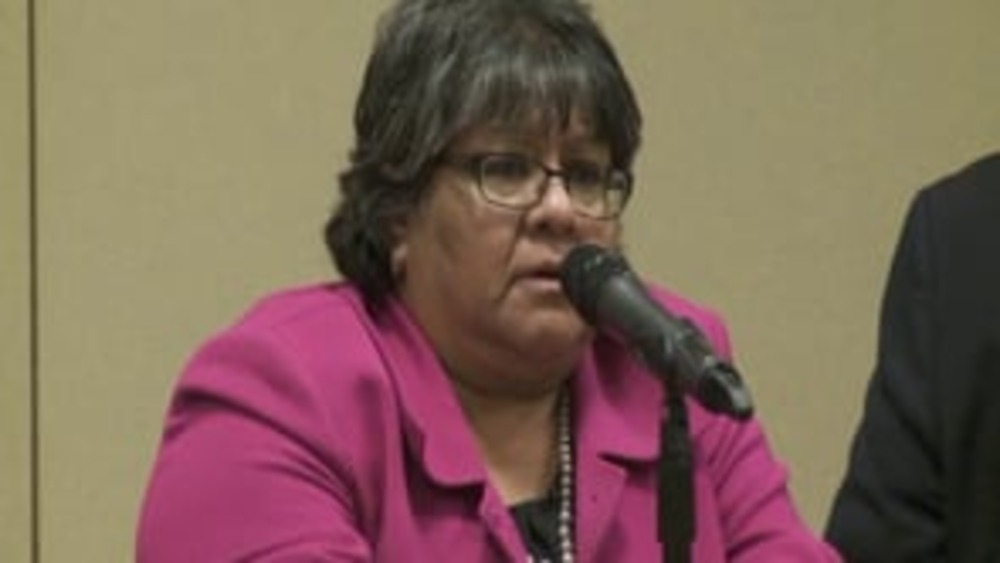
Luann Leonard, Stephen Roe Lewis and Walter Phelps: Bridging the Gap: How Native Culture Forges Native Leaders
Luann Leonard (Hopi), Stephen Roe Lewis (Gila River Indian Community), and Walter Phelps (Navajo) discuss how their personal approaches to leadership have been and continue to be informed by their Native nations' distinct cultures and core values and those keepers of the culture in their…
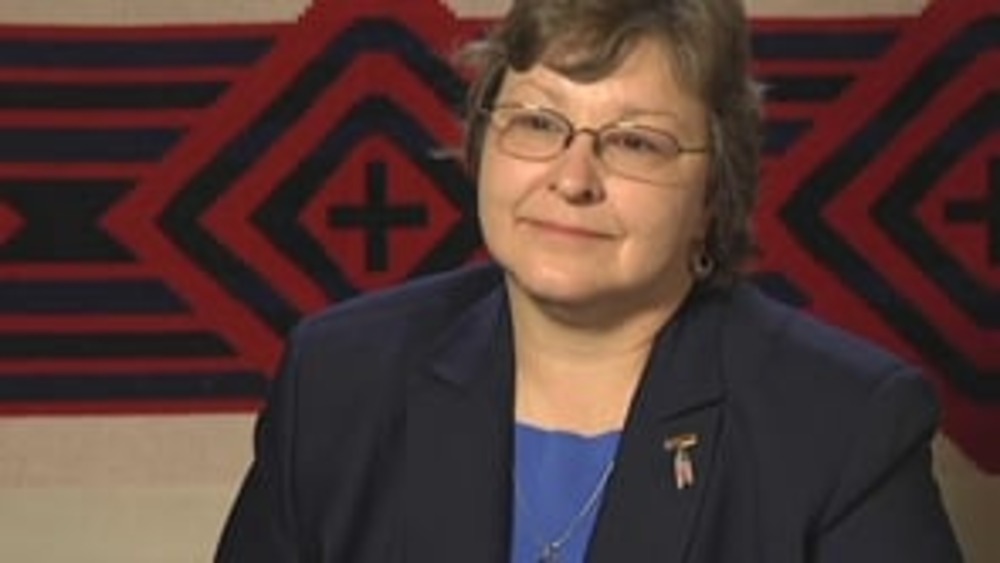
Karen Diver: Nation Building Through the Cultivation of Capable People and Governing Institutions
In this informative interview with NNI's Ian Record, Chairwoman Karen Diver of the Fond du Lac Band of Lake Superior Chippewa discusses the critical importance of Native nations' systematic development of its governing institutions and human resource ability to their ability to exercise sovereignty…
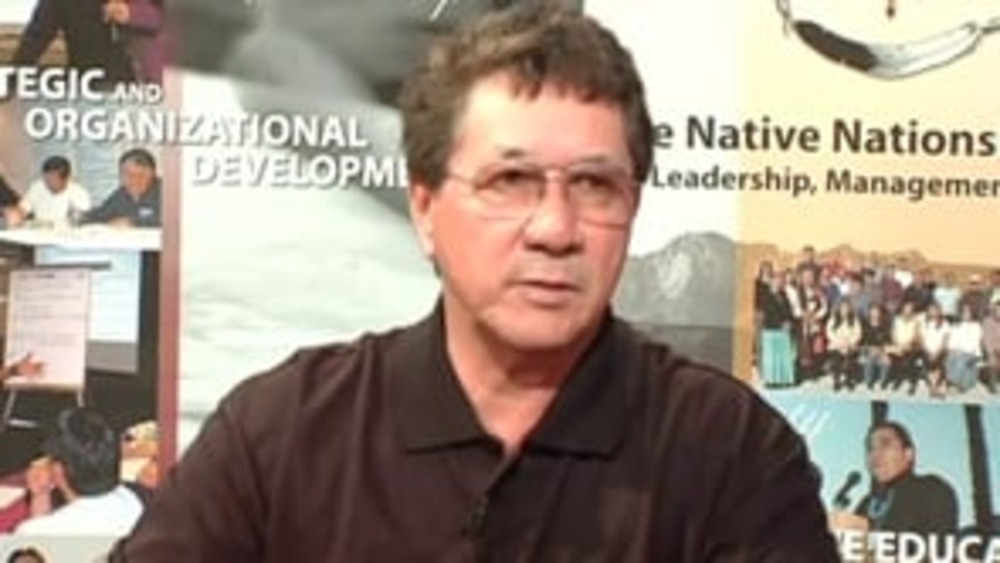
NNI Indigenous Leadership Fellow: Michael Kanentakeron Mitchell (Part 2)
In part two of his Indigenous Leadership Fellow interview, Grand Chief Michael Mitchell of the Mohawk Council of Akwesasne touches on a wide range of nation-building topics, notably the importance of clearly defining the distinct roles and responsibilities of leaders and administrators working on…
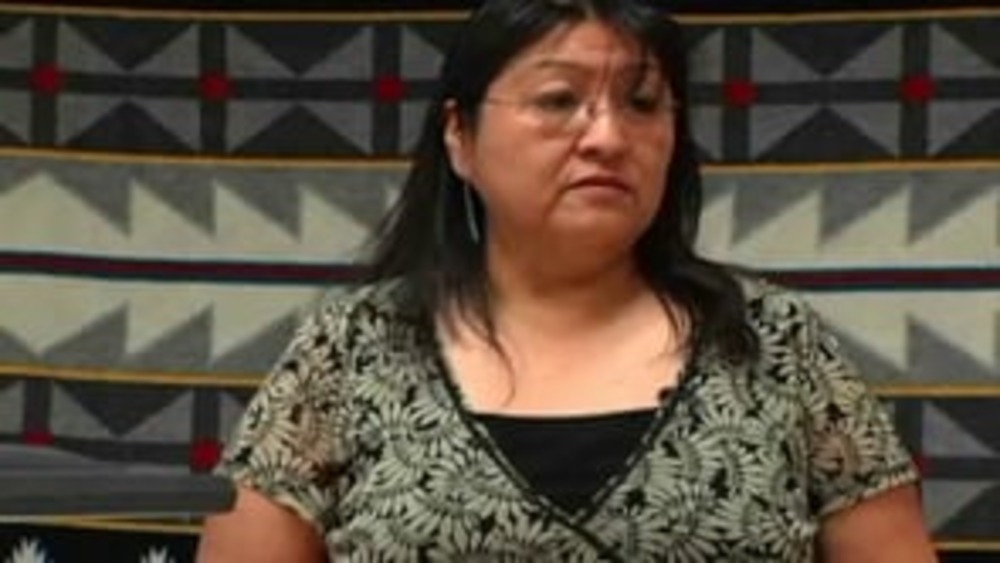
From the Rebuilding Native Nations Course Series: "Administrative Competence"
NNI Executive Director Joan Timeche discusses the need for Native nations to develop administrative competence through the cultivation, attraction and retention of qualified staff.
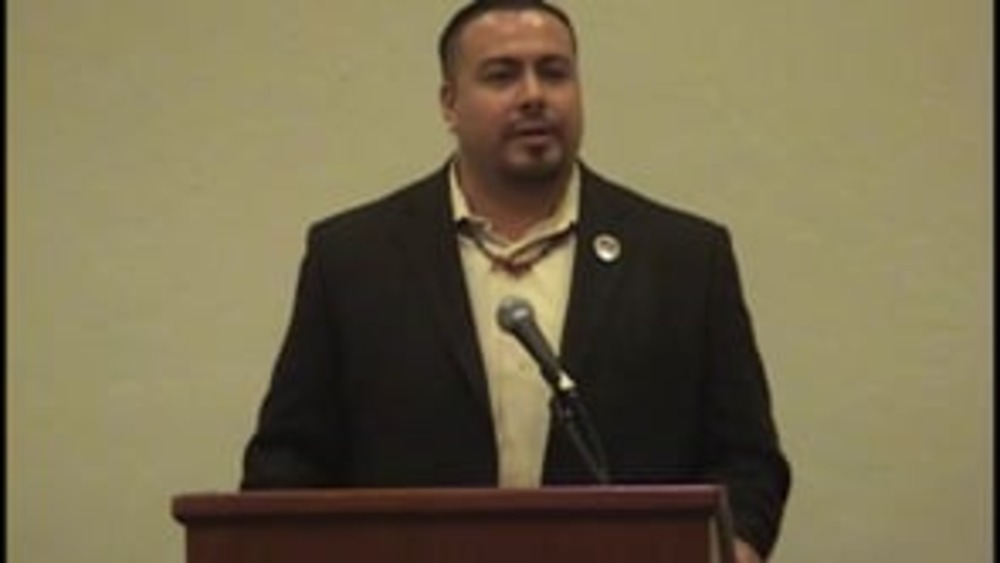
Jamie Fullmer: Taking a Strategic Approach at Yavapai-Apache Nation
Jamie Fullmer, former chairman of the Yavapai-Apache Nation, discusses how his nation developed a strategic approach to tackling its nation-building challenges during his time in office. He stresses the importance of Native nations and leaders conducting comprehensive of the state of their…
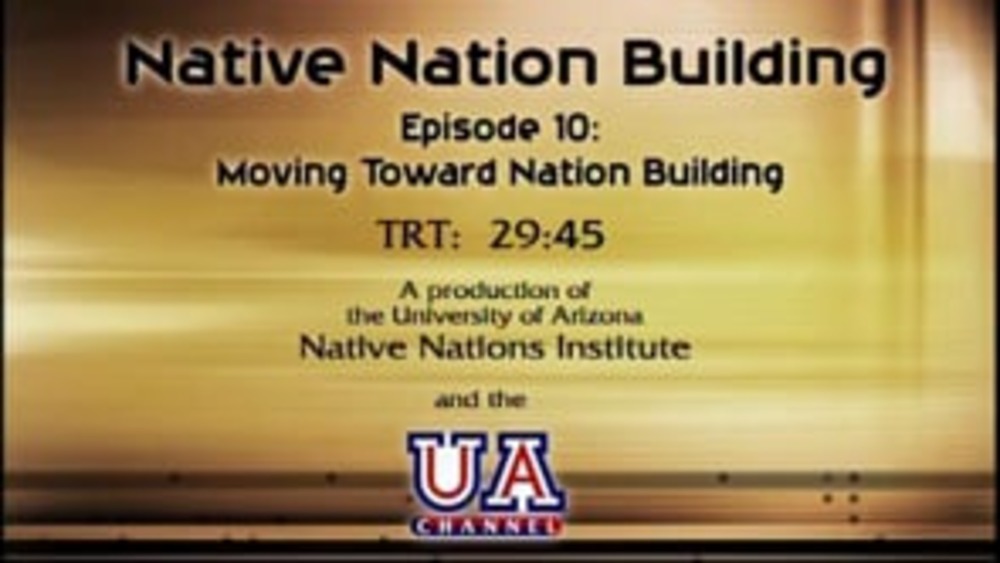
Native Nation Building TV: "Moving Towards Nation Building"
Manley A. Begay, Jr. and Stephen Cornell contrast the two basic approaches to Indigenous governance -- the standard approach and the nation-building approach -- and discusses how a growing number of Native nations are moving towards nation building. It provides specific examples of how implementing…
Jerry Smith: Building and Sustaining Nation-Owned Enterprises (2008)
Laguna Development Corporation President and CEO Jerry Smith discusses the evolution and growth of the Pueblo of Laguna's diversified economy, and the importance of building an infrastructure of laws and rules in ensuring the success of Laguna's nation-owned enterprises.
